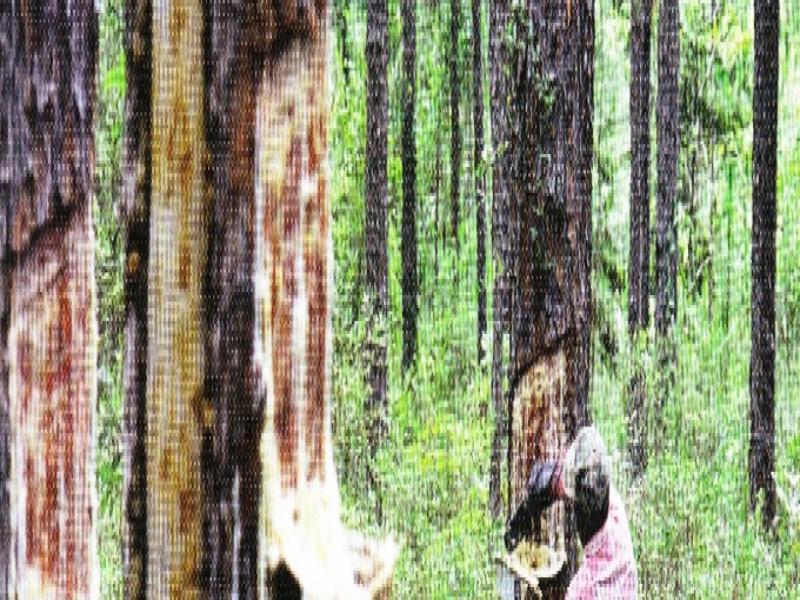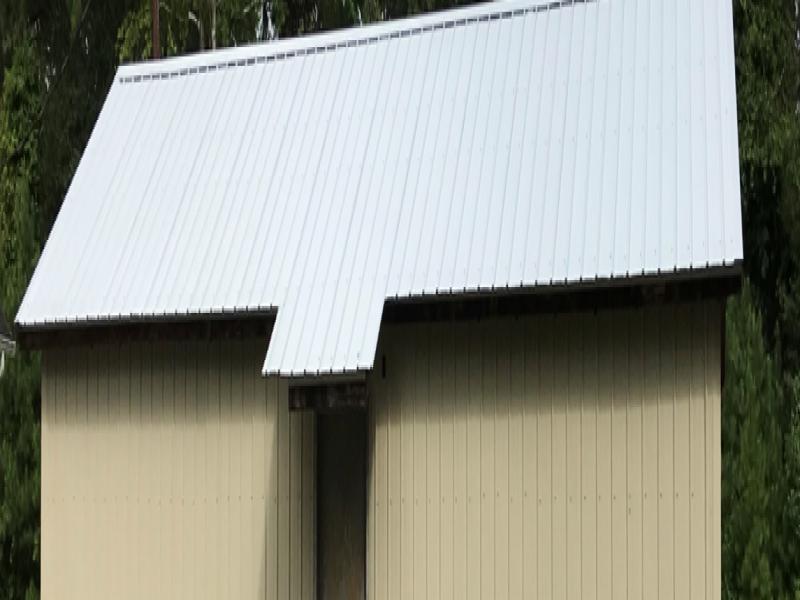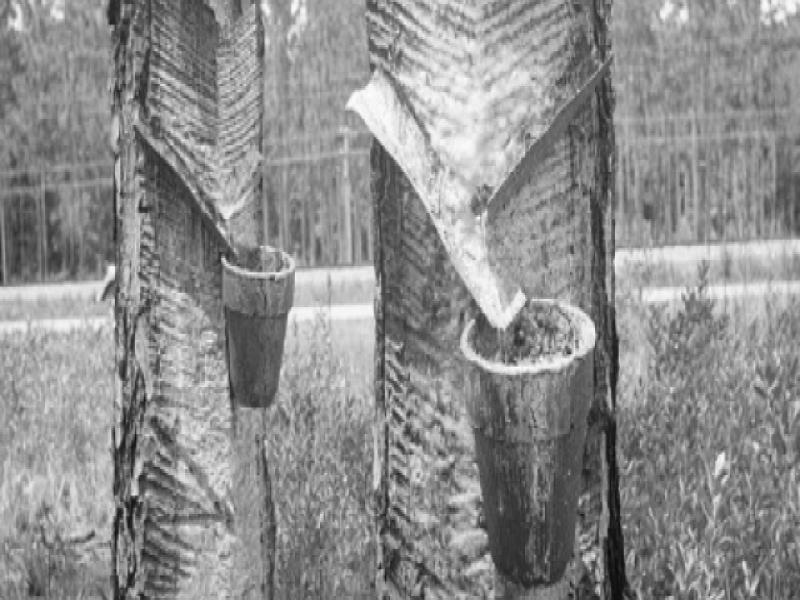Naval stores are a nearly forgotten legacy in the South, but throughout history nations have depended on them, sought them out, and fought wars over these resins from pine trees. These products—tar, pitch, turpentine, and rosin—long kept wooden ships of the world afloat and were found to provide other uses prior to the petrochemical dominance. Even with the decline in sailing ships, there has been an international demand for these products.
The story of naval stores is remarkable and messy, but the industry helped support much of the South’s economy for nearly 400 years. Naval stores operations, which involved scoring the tree cambium, was slow to develop in Western Gulf states. The largest naval stores operations in these western states occurred following the harvest of the virgin pine forests. The resinous stumps that remained were harvested, chipped, and steamed to obtain the same chemicals that had been obtained by chipping live trees. An era building has been obtained and in it a naval stores exhibit is being developed.






